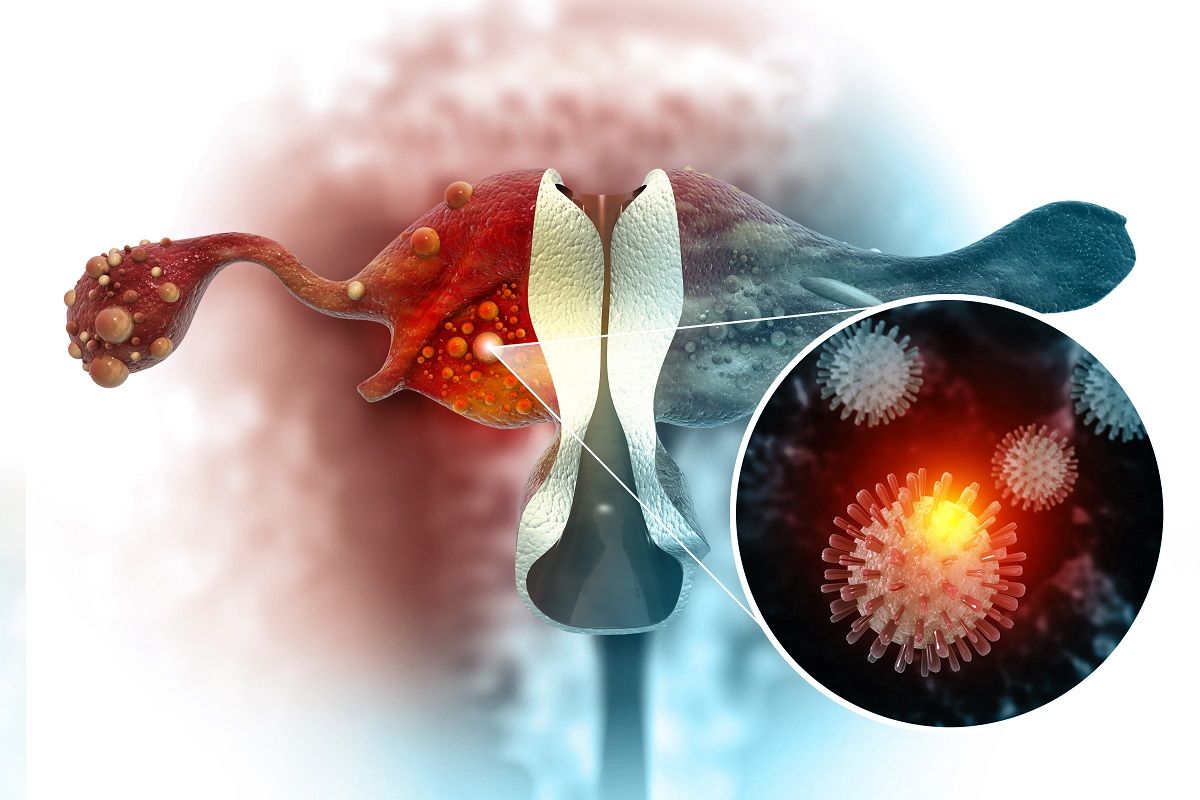KEY TAKEAWAYS
- The study aimed to explore the experiences of sexual distress and communication regarding sexual health in gynecologic cancer survivors.
- Gynecologic cancer survivors need better communication and resources, with participants seeking more dialogue and provider training.
The increasing prevalence of gynecologic cancer survivorship brings with it a significant impact on survivors’ quality of life (QoL), particularly regarding sexual health. Studies indicate a lack of understanding surrounding the sexual health needs of this population. Effective provider-patient communication is crucial to address these needs and improve overall well-being.
A Girard and the team aimed to explore the experiences of sexual distress and communication surrounding sexual health among gynecologic cancer survivors.
Researchers conducted 6 focus groups via Zoom, with 32 participants who had completed active treatment at least 3 months prior. Thematic analysis was used to analyze the content from these focus groups.
Analysis revealed 2 primary themes that include “Experiences of provider communication” and “Preferences for provider communication.” Under the “Experiences” theme, subthemes included absent/lacking communication, negative communication experiences, emotional reactions to this lack of communication, and a sense that sexuality was not valued.
The “Preferences” theme included subthemes such as a desire for more conversation and open communication about sexuality, increased access to resources and referrals, and a need for improved provider training on sexual health topics.
The study findings revealed a concerning trend of inadequate communication surrounding sexual health between gynecologic cancer survivors and their healthcare providers. This lack of communication contributes to significant distress and highlights the urgent need for healthcare professionals to prioritize open and sensitive discussions about sexual health with this patient population, along with providing appropriate resources and support.
This research was supported by an Institutional Research grant no. 16–189-58 from the American Cancer Society. RIV is supported by a Department of Defense Ovarian Cancer Research Program Ovarian Cancer Academy Early Career Investigator Award (OC180392 W81XWH-19–1-0013).
Source: https://pubmed.ncbi.nlm.nih.gov/39225859/
Girard A, Arenella K, Rider GN, et al. (2024). “Gynecologic cancer survivor preferences for provider communication regarding sexual health after treatment: a qualitative study.” Support Care Cancer. 2024;32(10):629. Published 2024 Sep 3. doi:10.1007/s00520-024-08787-7



